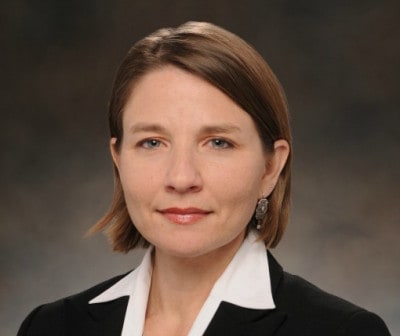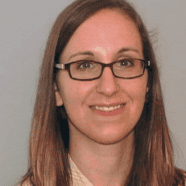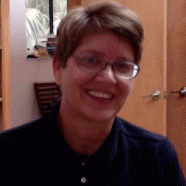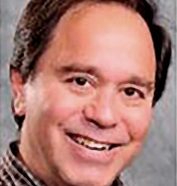October 10, 2022
$195,400 Most caregivers of an individual with Angelman syndrome spend a lot of time and money getting a diagnosis of AS once symptoms begin. As more is known about AS and new therapies offer potential help for those symptoms, there […]
Read more
October 10, 2022
$199,000 Several promising treatments are being developed for Angelman syndrome (AS), with the goal of restoring function of UBE3A. Therapies administered early in life are expected to be most beneficial, but AS is often not diagnosed until 1-4 years of […]
Read more
January 23, 2020
The aim of this study is to quantify the effect on communicative abilities of participants* with Angelman syndrome (AS) of high intensity and low intensity training of parents and caretakers in Augmentative and Alternative Communication (AAC). Parents will be taught […]
Read more
January 23, 2020
$35,000 We know that individuals with AS have a propensity for a happy demeanor and often have excessive laughter. We also know that they have pro-social behaviors that are distinctive from other types of genetic conditions. This study evaluated older […]
Read more
December 22, 2019
$10,581 Individuals with AS are quite animated in their attempts at communication and can be pro-social even though they have severe speech impairment. Although fluent sign language is beyond the motor and cognitive abilities of those with AS, there is […]
Read more
December 22, 2019
$25,000 UBE3A, the gene when disrupted causes AS, is present in all animal and insect species, thus indicating how important it is for normal neuronal function. These investigators were able to identify the equivalent of the UBE3A gene in Drosophila, […]
Read more
December 22, 2019
$29,700 Visual media plays a powerful role in helping families and others understand the natural history and many of the day-to-day concerns that parents have for their children and adults with AS. This work combines the skills of individuals experienced […]
Read more
December 22, 2019
$11,541 Funds for this project built on earlier work by Dr. Calculator (above) and provided additional behavioral treatment strategies to improve communication through nonverbal methodologies.
Read more







